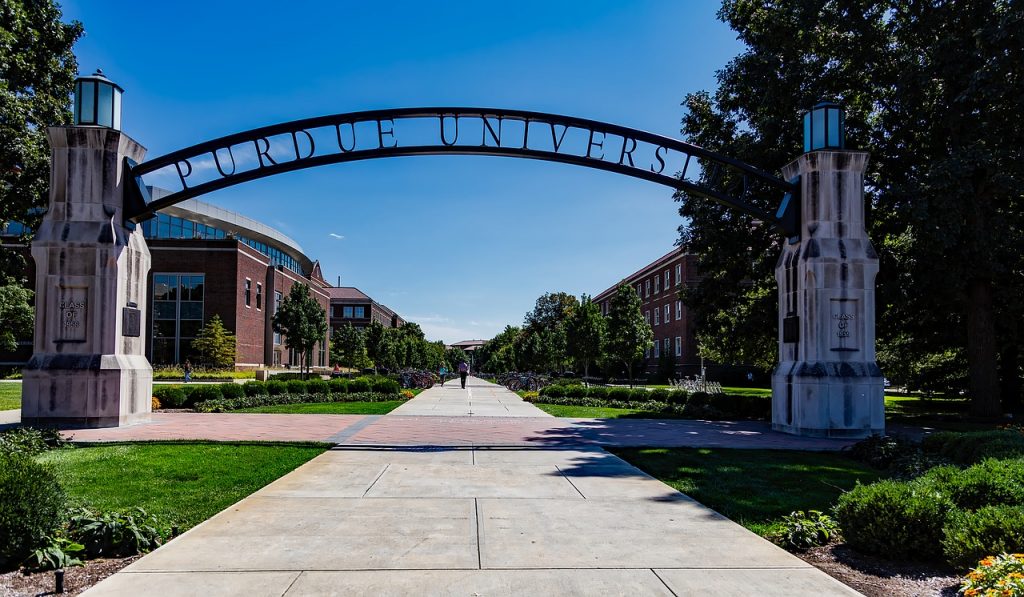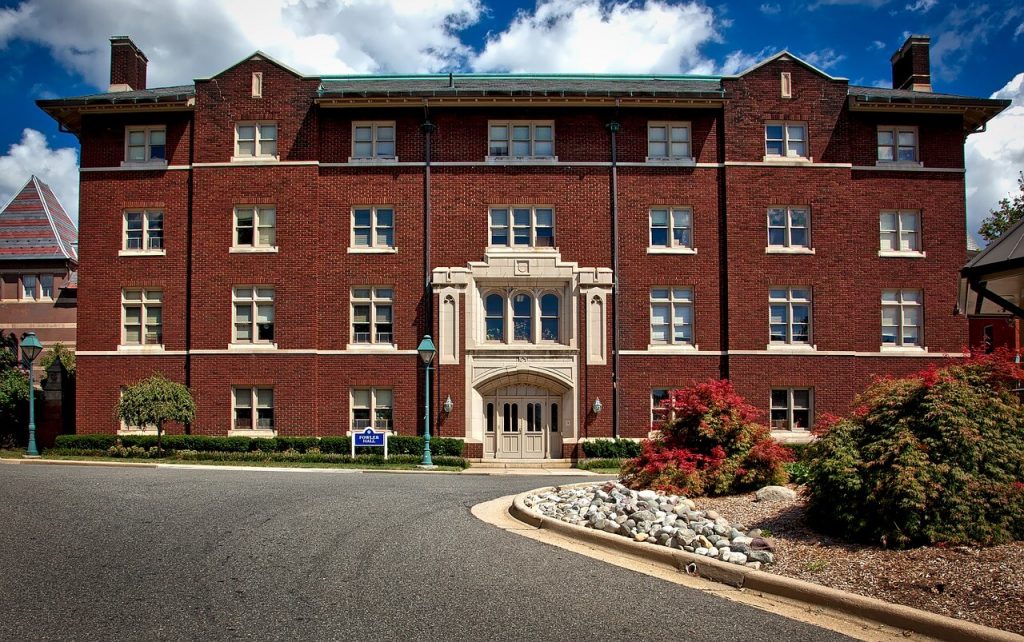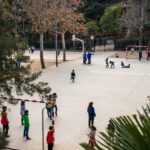You can add all sorts of information that you want to display to your future students.
Education is the process of facilitating learning, or the acquisition of knowledge, skills, values, beliefs, and habits. Educational methods include storytelling, discussion, teaching, training, and directed research. Education frequently takes place under the guidance of educators, but learners may also educate themselves. Education can take place in formal or informal settings and any experience that has a formative effect on the way one thinks, feels, or acts may be considered educational. The methodology of teaching is called pedagogy.
Education is commonly divided formally into such stages as preschool or kindergarten, primary school, secondary school and then college, university, or apprenticeship
History
Education began in prehistory, as adults trained the young in the knowledge and skills deemed necessary in their society. In pre-literate societies this was achieved orally and through imitation. Story-telling passed knowledge, values, and skills from one generation to the next. As cultures began to extend their knowledge beyond skills that could be readily learned through imitation, formal education developed. Schools existed in Egypt at the time of the Middle Kingdom.
Matteo Ricci (left) and Xu Guangqi (right) in the Chinese edition of Euclid’s Elements published in 1607. Plato founded the Academy in Athens, the first institution of higher learning in Europe.[5]The city of Alexandria in Egypt, established in 330 BCE, became the successor to Athens as the intellectual cradle of Ancient Greece. There, the great Library of Alexandria was built in the 3rd century BCE. European civilizations suffered a collapse of literacy and organization following the fall of Rome in CE 476.
Community
 A right to education has been recognized by some governments, including at the global level: Article 13 of the United Nations‘ 1966 International Covenant on Economic, Social and Cultural Rights recognizes a universal right to education. In most regions education is compulsory up to a certain age.
A right to education has been recognized by some governments, including at the global level: Article 13 of the United Nations‘ 1966 International Covenant on Economic, Social and Cultural Rights recognizes a universal right to education. In most regions education is compulsory up to a certain age.
Education is the process of facilitating learning, or the acquisition of knowledge, skills, values, beliefs, and habits. Educational methods include storytelling, discussion, teaching, training, and directed research. Education frequently takes place under the guidance of educators, but learners may also educate themselves. Education can take place in formal or informal settings and any experience that has a formative effect on the way one thinks, feels, or acts may be considered educational. The methodology of teaching is called pedagogy.
 Education is commonly divided formally into such stages as preschool or kindergarten, primary school, secondary school and then college, university, or apprenticeship
Education is commonly divided formally into such stages as preschool or kindergarten, primary school, secondary school and then college, university, or apprenticeship
A right to education has been recognized by some governments, including at the global level: Article 13 of the United Nations‘ 1966 International Covenant on Economic, Social and Cultural Rights recognizes a universal right to education. In most regions education is compulsory up to a certain age.


